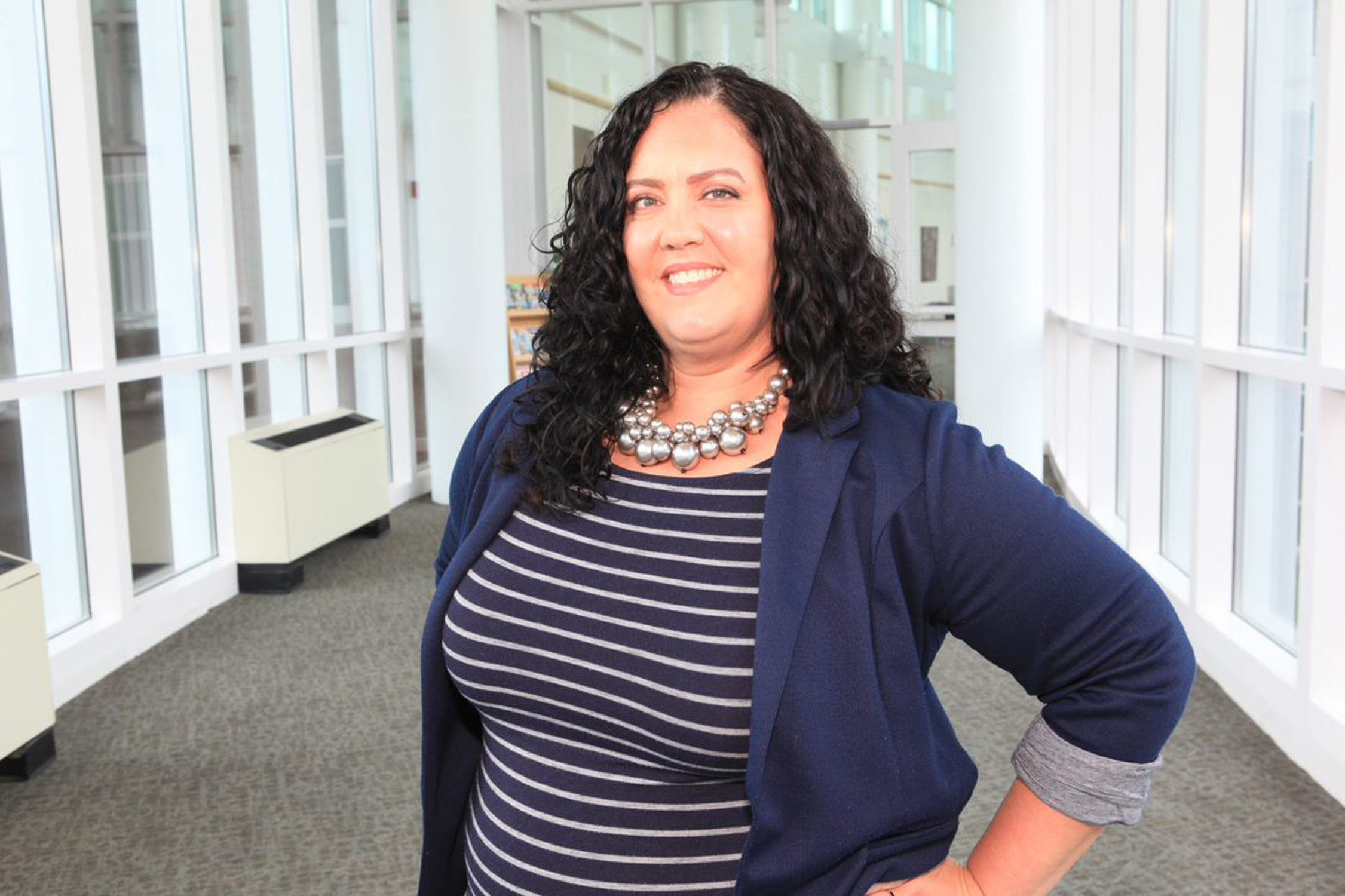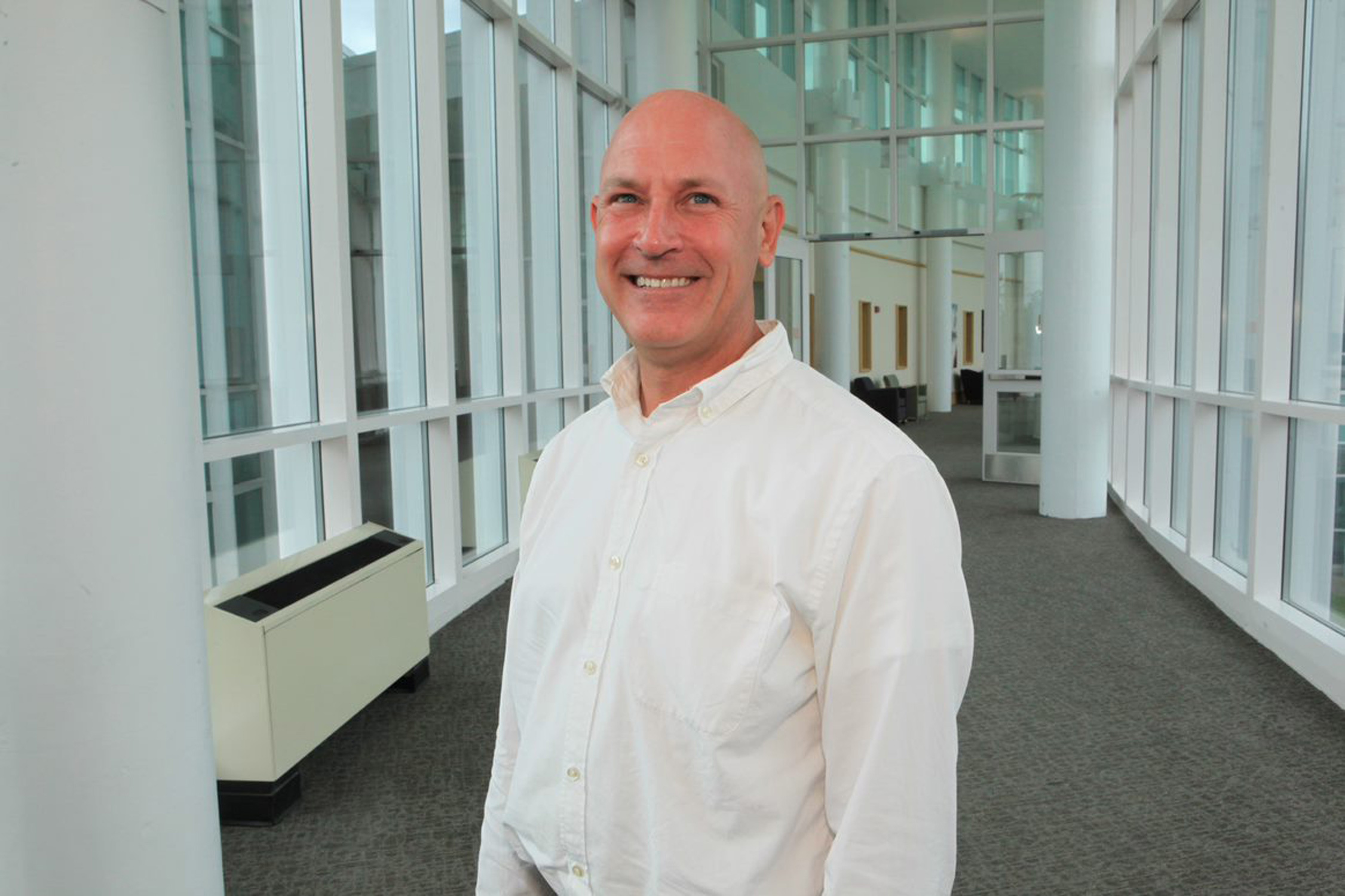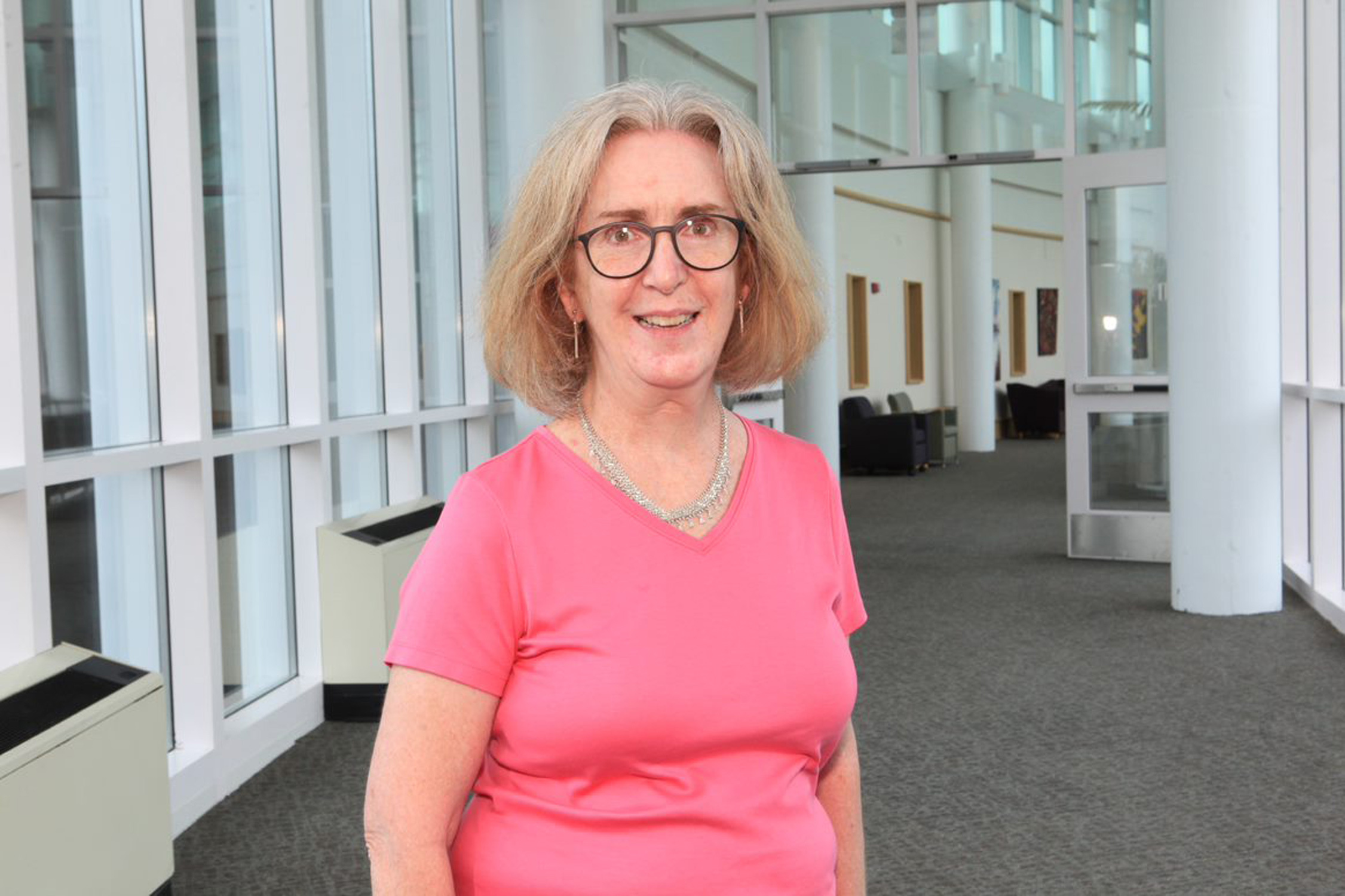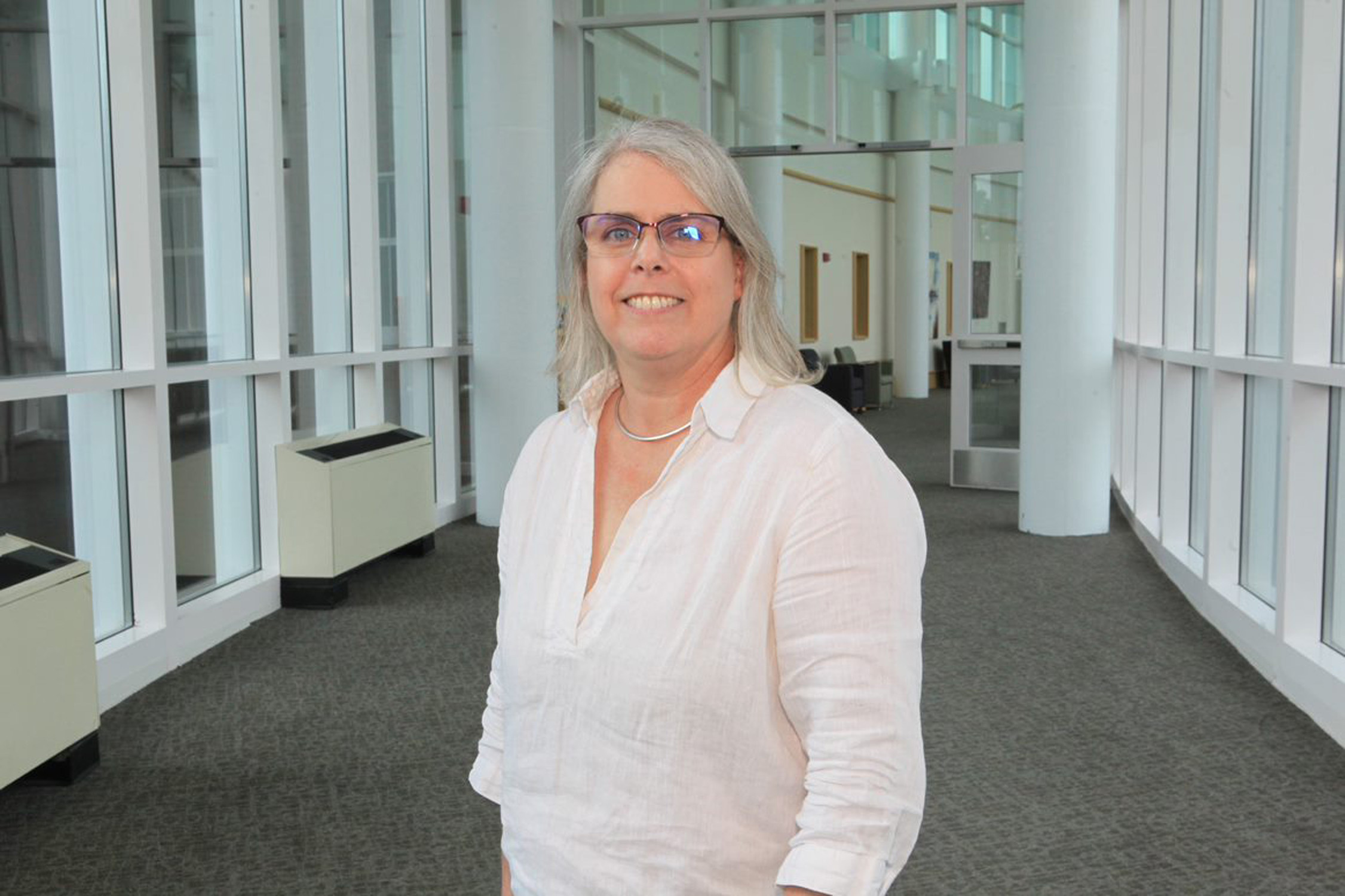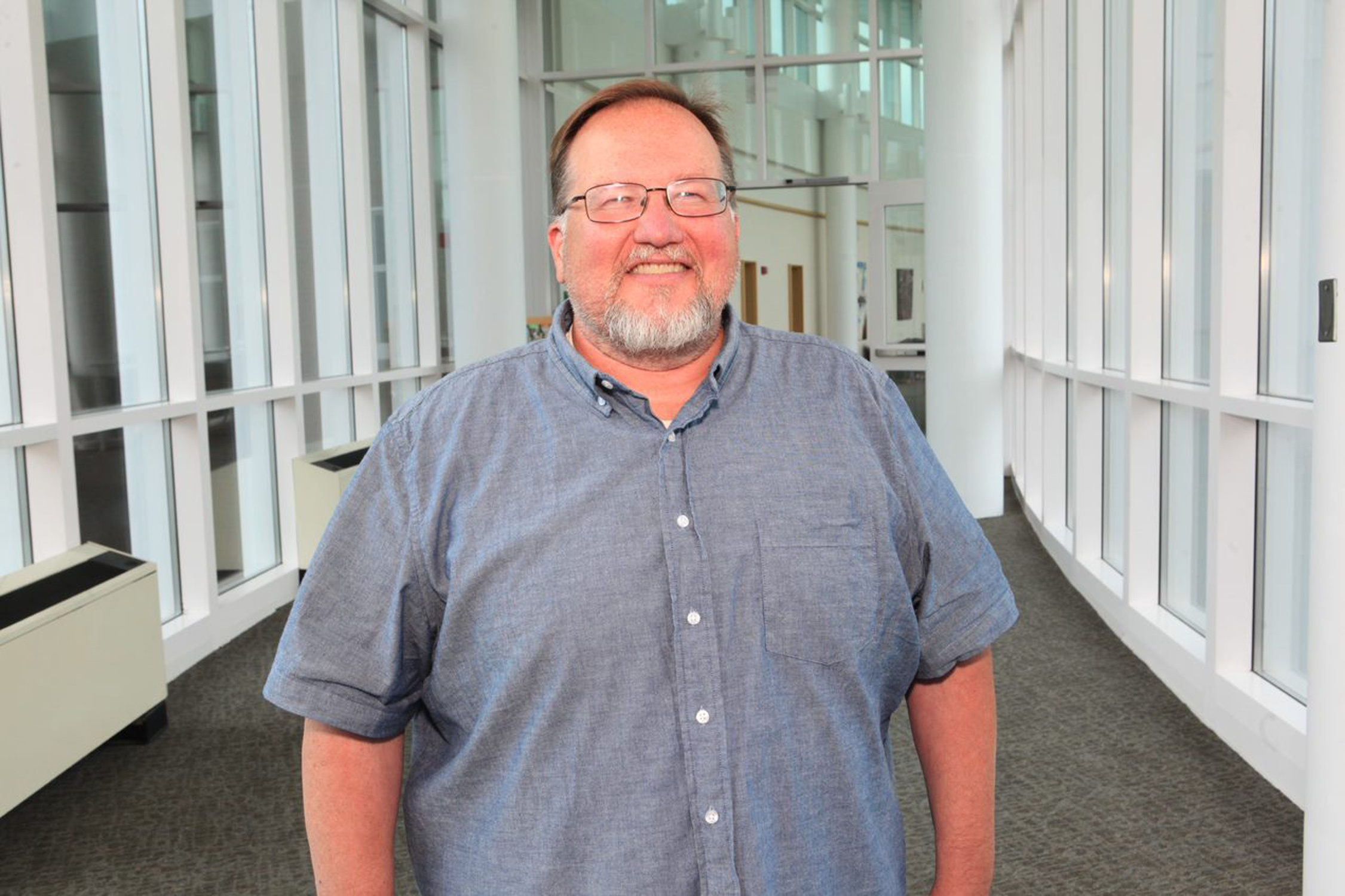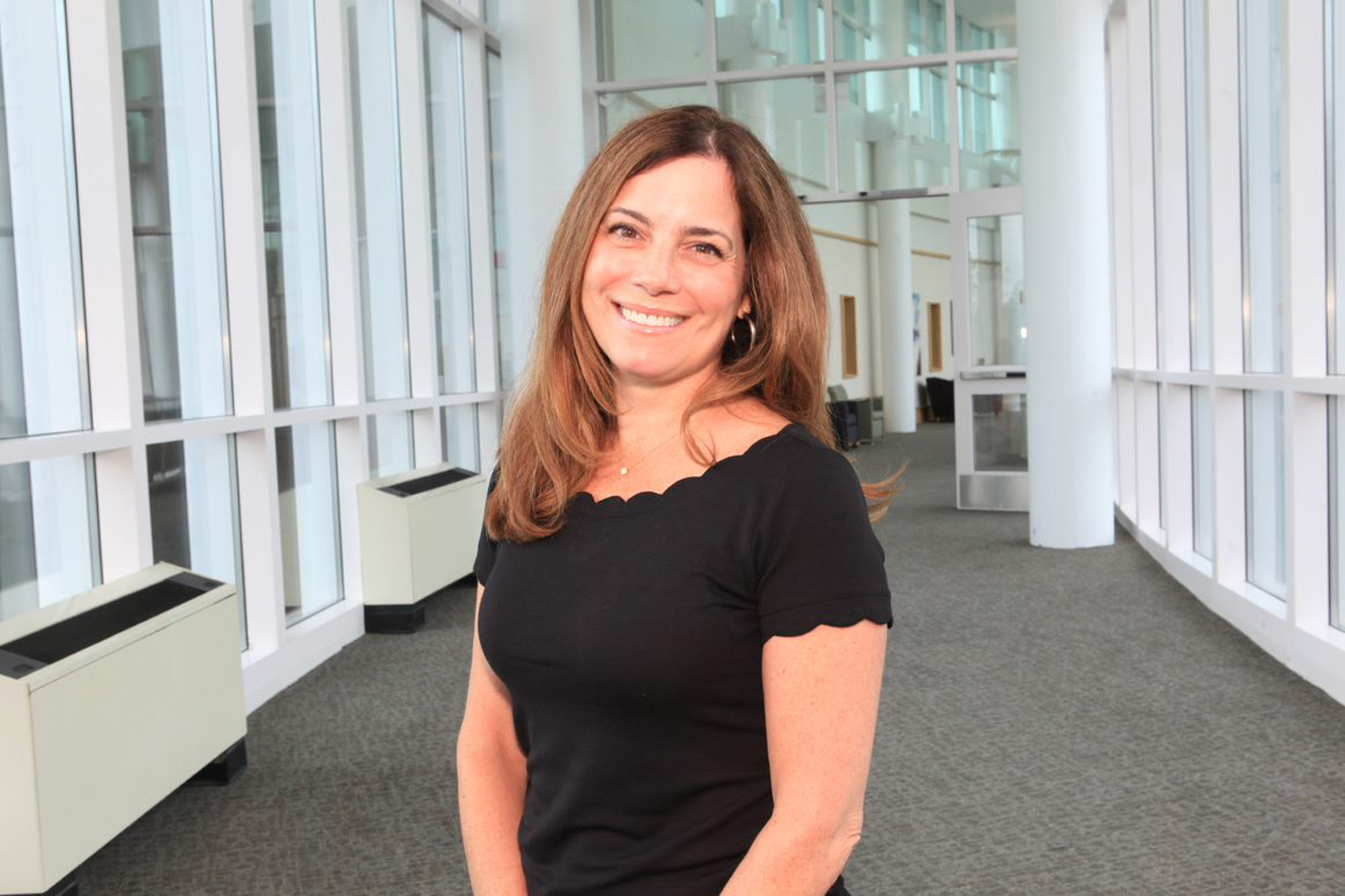How to Support Students who are Immigrants, DACA Recipients, Refugees and TPS Holders
CT State is committed to supporting all students, including immigrant students, DACA recipients, refugees, Temporary Protected Status holders (TPS) and undocumented students. This guide provides information to staff and students on legal, financial, academic, mental health and community resources to help students navigate their educational journey successfully.
This guide is essential because recent federal policies have heavily impacted immigrant communities. Changes in immigration laws and increased enforcement have created anxiety for students, while documented students These shifts highlight the need for institutional support and resources to ensure all students, regardless of immigration status, can succeed in their educational endeavors.
This resource guide aligns with CT State’s commitment to bold and disruptive change by actively identifying, naming and dismantling structural racism, systemic poverty and other barriers while establishing equitable and anti-racist policies and practices.
As we adjust to the changing landscapes within and outside our campuses, we will continue to develop educational tools and procedures. We acknowledge and are respectful of diversity on each campus. We look forward to working with you as we continue to develop a caring and supportive community across the state.
Understanding Immigration Statuses

Please know there is much variation among immigration statuses as well as subgroups within many of these categories. A brief overview of some of these terms is listed below:
- DACA Recipients
Individuals brought to the U.S. as children who receive temporary protection from deportation and work authorization - Refugees
Individuals forced to flee their home country due to conflict, persecution, or violence - TPS Holders
People granted Temporary Protected Status (TPS) due to unsafe conditions in their home country - Students in Various Stages of Pursuing Resident Status:
Individuals residing in the U.S. without legal immigration status (also referred to as “undocumented”) - International Students
An international student is a person who is not a citizen or permanent resident of the country where they are studying. They may also be known as exchange students or foreign students. - A Special Note Regarding Students of Puerto Rican Descent
Puerto Ricans have been U.S. citizens since 1917 but have no vote in Congress. As citizens, the people of Puerto Rico can move back and forth from the island and throughout the fifty states just as any other Americans can. It is key to recognize that, legally, this is considered internal migration, not immigration.
For more details, visit the U.S. Citizenship and Immigration Services (USCIS) website.
Key Challenges Immigrant Students Face
- Legal Uncertainty
Unstable immigration policies create financial and emotional stress - Financial Barriers
Limited access to financial aid - Language Barriers
Many students are learning English as a second language - Mental Health Concerns
Fear of deportation, cultural adjustment and academic pressure - Misinformation
Risk of falling victim to scams or misleading legal advice - Social Isolation
Needing support in establishing community with peers
Sample Language-Empathizing with Students Facing These Key Challenges
Regarding Uncertainty About Status:
"I understand that the uncertainty surrounding DACA can be incredibly stressful. Please know that you are not alone and there are resources and support systems here to help you navigate these challenges. If you ever need assistance or someone to talk to, don't hesitate to reach out."
Regarding Rebuilding One’s Life:
"I recognize the strength it takes to rebuild your life after fleeing conflict or persecution. Your experiences are important, and if there is anything I can do to support you in your academic journey, please do not hesitate to let me know. This is a safe space for you."
Regarding Feeling a Sense of Isolation:
“I know that Temporary Protected Status can come with its own set of concerns about the future. I want to reassure you that we stand with you, and you have a community here that is committed to supporting you, no matter what changes may come."
Regarding Ambiguity in Pursuing Documented Status:
"I understand that being undocumented can bring a unique set of challenges, especially when it comes to accessing resources or navigating policies. I want you to know that your education is important, and we are here to make sure you have the support you need to succeed. You're not alone in this."
General Support for All:
"If you’re ever feeling overwhelmed or uncertain, please know that I’m here to listen as a sounding board without judgment. Whether it’s connecting you to campus resources or just offering a safe space to talk, I’m committed to supporting you."
Helpful Resources
-
-
CT State Campus Resources
-
Academic Support
- Advising Services: CT State links immigrant students to community resources and some offer workshops.
- ESOL/ESL (English as a Second Language) Programs: These programs are available at most CT State campuses.
- International Advisors: Support for international students who are not citizens or permanent residents of the country where they are studying. These students may also be known as exchange students or foreign students.
- Transfer and Scholarship Guidance: Advisors help identify pathways to four-year universities and financial aid.
Career and Professional Development
- Internships and Job Support: Resources for work authorization (DACA, TPS holders).
- Alternative Career Pathways: Entrepreneurship and independent contracting guidance.
Financial Assistance
- In-State Tuition: Undocumented students meeting residency requirements qualify for in-state tuition.
- Emergency Financial Aid: Some campuses offer grants or loans to students facing financial hardship.
Food Assistance
- Campus Food Pantries: Available across campuses
- United Way Mobile Food Pantries: The mobile pantry is on the Three Rivers campus the second Wednesday of the month. February and March we will host the event indoors and then go back to an outside event in the back parking lot when the weather improves
Mental Health and Wellness
- Mental Health Services: Free and confidential mental health support services, including counseling sessions, are available at all CT State campuses. Moreover, there are free virtual medical, counseling and basic needs services available via TimelyCare.
- Peer Support Groups: Student-led organizations supporting undocumented and immigrant students.
- Safe Spaces: Social support and facilitated discussions addressing the impact of immigration policies on students.
- Staff Affinity Groups: Lunch and Learn Teams meetings that are peer-led by staff to support the inclusion and community-building of staff from underrepresented groups
-
-
-
State Resources
-
- Apostle Immigrant Services
Legal assistance- DACA, adjustment of status, employment authorization, family-based petitions - Building One Community (B1C)
Legal assistance, ESL classes, job skills training, educational programs - Catholic Charities Fairfield County
Immigration services, family reunification, refugee support - Center for Children's Advocacy
Legal assistance for asylum and special immigrant juvenile status (children-focused) - Colectivo de Defensa de Hartford (Hartford Deportation Defense)
- Connecticut Immigration Legal Services Directory
- Connecticut Legal Services
Legal assistance with immigration issues and low-income legal aid - Connecticut Students for a Dream (C4D)
Advocacy and resources for undocumented students - Connecticut Institute for Refugees and Immigrants (CIRI)
Legal, social, and educational support for immigrants and refugees
- CT Office of Higher Education
- CT Fair Housing Center
- Building One Community (Stamford)
- Greater Hartford Legal Aid
Legal aid for low-income individuals, including immigrant support. - Hispanic Health Council
- Integrated Refugee and Immigrant Services (IRIS)
Refugee resettlement, integration, employment, legal assistance. - Make the Road CT
- Pro-Bono Volunteer Guide Connecticut
- United Way of Coastal and Western Connecticut
Locations:- 301 Main St., Ste. 2-5, Danbury, CT 06810; 203-792-5330
- 24 Bank St., New Milford, CT 06776; 860-354-8800
- 1150 Summer St., 2nd Floor, Stamford, CT 06901; 203-348-7711
- 10 Middle St., Suite 1101, Bridgeport, CT 06604; 203-334-5106
- Apostle Immigrant Services
-
-
Statewide Food Pantries
- Why Hunger? Website that allows one to search for Food Pantries
- Connecticut Mobile Food Pantries:
- Stonington High School, Pawcatuck
- Ocean Avenue Learning Academy, New London
- John’s Christian Church, Groton
- CT State Community College, Three Rivers, Norwich
- Griswold Public Works (Drive-thru only)
-
-
Statewide Legal Assistance
-
- Advocate Resource Center
- American Immigration Lawyers Association (AILA)
- Building One Community (Stamford)
- Catholic Charities Immigration Services
- Center for Children’s Advocacy
- Center for Latino Progress
- Connecticut Institute for Refugees and Immigrants (CIRI)
- Bridgeport Office: 670 Clinton Ave., Bridgeport, CT 06605; 203-336-0141
- Stamford Office: 34 Woodland Ave., Stamford, CT 06902; 203-965-7190
- Hartford Office: 75 Charter Oak Ave., Suit 2-180, Hartford, CT 06106; 860-692-3085
- Waterbury Office: 233 Mill St., 3rd Floor (Riba Aspira Building), Waterbury, CT 06706; 203-754-6172 Ext 102
- New Haven Office: 1440 Whalley Ave., 2nd Fl, New Haven, CT 06515; 203-336-0141
- Connecticut Legal Services
- Danbury Area Refugee Assistance
- Immigration Resources: Family Preparedness Plan
This toolkit addresses family concerns about the possibility of deportation. It's available in multiple languages. - Integrated Refugee & Immigrant Services (IRIS)
CT Locations:- New Haven Office: 235 Nicoll St., New Haven, CT 06511
- Hartford Office: 25 Main St., Hartford CT 06106
- LEAD – Latinos for Educational Advocacy and Diversity
Community Centers:- New Haven: 100 Crown St.; 203-826-9267
- Bridgeport: 1021 Main St.; 475-296-8582
- Danbury: 358 Main St.; 203-826-9267
- Norwich: 48 Franklin St.; 860-835-3496
- UndocuAlly Training
- UConn School of Law Asylum and Human Rights Clinic
- New Haven Legal Assistance Association, Inc.
-
-
Know Your Rights Toolkit
The Immigrant Legal Resource Center has created a variety of materials to educate the community and prepare individuals for encounters with immigration authorities.
Resources may be found at lrc.org/resources/community/know-your-rights-toolkit and include handouts, videos and webinars in multiple languages.
-
-
Red Cards
-
Red cards, also known as “Tarjetas Rojas”, are cards that help immigrants assert their rights when interacting with immigration officers. The Immigrant Legal Resource Center (ILRC) created the cards.
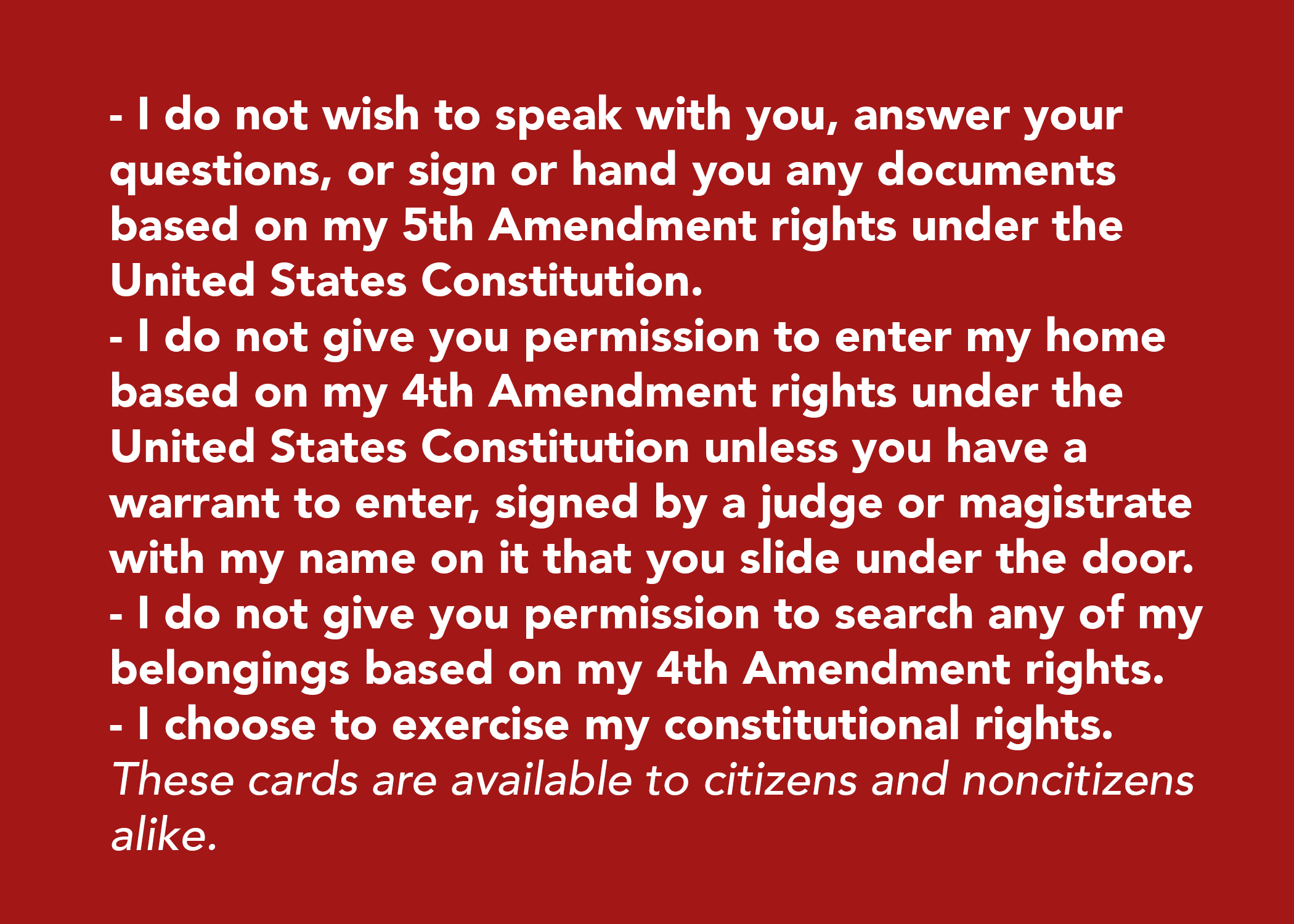
-
What do red cards include?
- Practical tips and legal rights
- Information about constitutional rights like the right to remain silent and the right to privacy, protecting students from excessive searches and seizures
How can I use a red card?
- Carry the card in your wallet or purse.
- If approached by an officer, ask if you can show the card.
- If an officer approaches your home, slide the card under the door or hold it up against a window.
Where can I get a red card?
- You can print your own red card using templates from the Immigrant Legal Resource Center.
- Any printer or copy shop should be able to print the cards from the ILRC's files.
- Red cards are available at the CT State campuses.
- You can also refer to https://immigrantjustice.or/know-your-rights
Why are red cards in demand?
- Demand for red cards has increased in recent years, particularly in response to anti-immigrant policies.
- These cards are beneficial for all citizens and non-citizens.
-
What to do if U.S. Immigration and Customs Enforcement (ICE) is on Campus
CT State follows strict FERPA privacy laws, protecting student information from immigration enforcement. If ICE agents approach a campus: CT State follows strict FERPA privacy laws, protecting student information from immigration enforcement. If ICE agents approach a campus:
- Direct them to the CT State Community College President.
- Do not share any student information without a signed judicial warrant.
- Follow the CSCU ICE Protocol.
Frequently Asked Questions
-
Yes! CT State welcomes all students, regardless of immigration status.
-
Undocumented students do not qualify for federal financial aid but may be eligible for:
- In-State Tuition
- Emergency Financial Assistance
Campus-specific emergency support to students who have urgent needs like food, shelter, or medical expenses. Each campus has its own point of contact. - Private scholarships
- TheDream.US Scholarships
Scholarships for undocumented students - MALDEF
- Hispanic Scholarship Fund
-
Do not provide any information. Refer to the CSCU ICE Protocol.
-
Several organizations provide free or low-cost legal aid, including:
More legal assistance resources are listed in the Helpful Resources section on this page.
-
Each campus has confidential mental health support services. Moreover, there are free virtual medical, counseling and basic needs services available via TimelyCare. Students can also contact outside organizations, including but not limited to:
In summary, please know that CT State remains committed to supporting immigrant students through legal aid, financial assistance, and a welcoming environment. If you need further assistance, please reach out to your campus diversity office, counseling center, or academic advisor. By working together, we can ensure that all students have the opportunity to thrive academically and personally at CT State.
March 10, 2025
Madeline Perez De Jesus (College Office)
Meredith Yuhas (College Office)
Acknowledgement of Contributors to This Resource Guide
Berenguel, Joseph C (Asnuntuck); Shelley K Buchbinder (Quinebaug); Pierre D'Haiti (Housatonic); Carl Guerriere (Capital); Sara Hanson (Middlesex); Kelly Hope (Capital); Becca Kitchell (Three-Rivers); Marie Clucas (Tunxis); Monica Madeux(Gateway); Hannelore I Moeckel-Rieke (Norwalk); Jenny Ortiz (Naugatuck Valley); Patricia Pallis (Naugatuck Valley); Wanda Reyes-Dawes (Manchester); Bonnie Solivan (Asnuntuck); Megan Vo (Northwestern); Tanaya M Walters (Quinebaug); and Alison Williams (Housatonic).
- Hits: 28557

